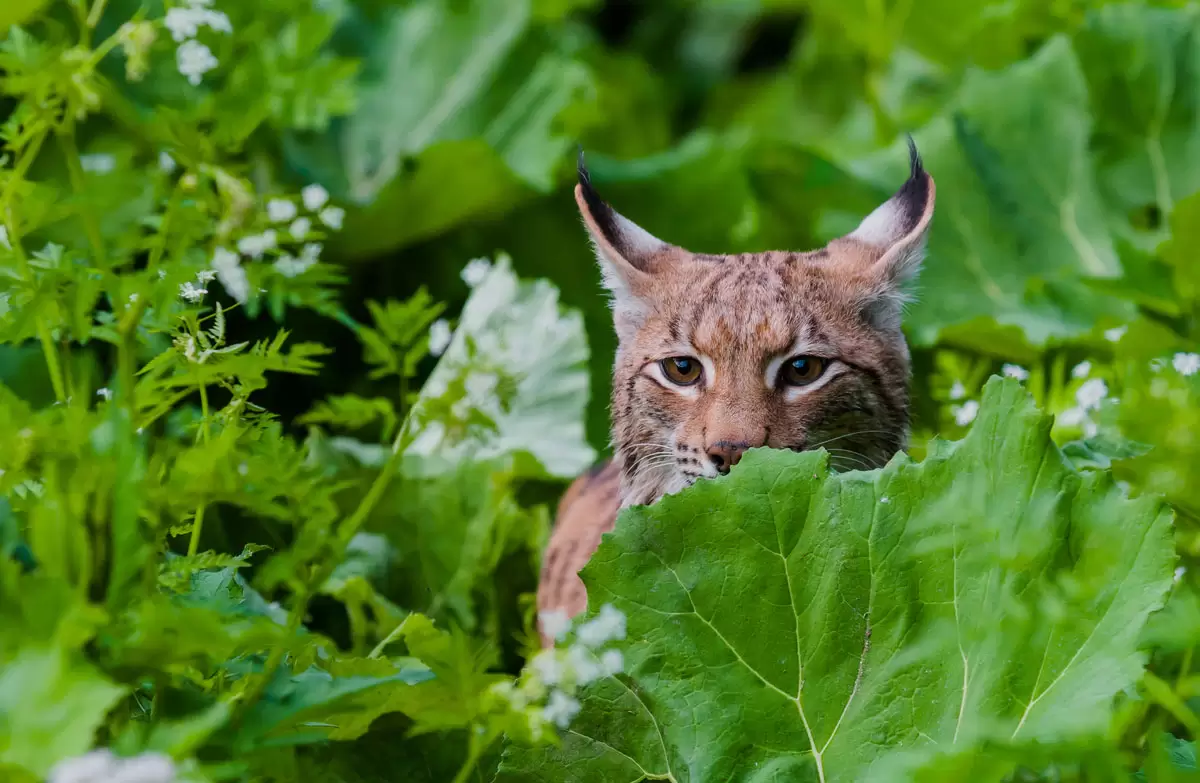The WWF is run at a local level by the following offices...
- WWF Global
- Adria
- Argentina
- Armenia
- AsiaPacific
- Australia
- Austria
- Azerbaijan
- Belgium
- Bhutan
- Bolivia
- Borneo
- Brazil
- Bulgaria
- Cambodia
- Cameroon
- Canada
- Caucasus
- Central African Republic
- Central America
- Central Asia
- Chile
- China
- Colombia
- Croatia
- Democratic Republic of the Congo
- Denmark
- Ecuador
- European Policy Office
- Finland
WWF collaborates with businesses through strategic partnerships and multi-stakeholder platforms to help transform the world’s energy, food, and financial systems. Together, we also work to find scalable solutions to some of the most urgent conservation challenges, including deforestation, water scarcity, overfishing, pollution, and climate change.

Transforming Business
Our transformational partnerships aim to deliver direct conservation results on key issues and priority places by changing practices throughout a company’s operations and value chain. This approach intends to reduce the major environmental impacts of some of the world’s largest companies, enable conservation results that would not otherwise be possible, and influence related sectors and markets.
Our transformational partnerships are with companies such as IKEA (focusing on forests, freshwater, cotton and climate), H&M Group (focusing on water, biodiversity and climate), Bolton Food (focusing on sustainable seafood and safeguarding ocean health and community livelihoods, VELUX (focusing on protecting forests for climate, nature and people) and Lidl (focusing on value chain transformation to provide more sustainable choices).

Consumer and Employee Engagement

Joint Advocacy for Sustainability

Financing Climate and Nature
Driven by Science, Impact and Integrity
We believe that together, we can transform whole sectors and markets for the better, delivering results that would not be possible through individual action alone. The goals of WWF’s seven global conservation Practices, namely, Biodiversity, Climate and Energy, Freshwater, Food and Agriculture, Forests, Ocean and Finance shape what we do and how we work with corporate partners.
Our work is guided by stringent principles to ensure we deliver impact at scale while maintaining our independence and integrity.
- Mission focused: We work with the private sector to advance our mission to stop the degradation of the earth’s natural environment and build a future in which humans live in harmony with nature.
- Independent and science-based: We support companies on their corporate sustainability journey using science based approach and credible standards. We remain independent in a partnership of equals.
- Impact-and solutions-oriented: We engage with the most impact industries and companies on the most material issues to create systemic change. We support companies with identifying issues, and offer concrete actions that deliver meaningful conservation results.
- Highest standards on integrity and good conduct: We collaborate with partners that are committed to achieving and upholding high standards for the environment, sustainability and human rights, and show commitment to these through their actions.
Transparency and accountability
At WWF, we believe in being accountable for our results and transparent with our supporters and partners. This commitment is essential to fostering constructive and cooperative relationships with business.
All WWF offices publicly report on their corporate partnerships, including their intent, objectives, and impacts. For detailed information on these partnerships, please visit the respective national office websites.